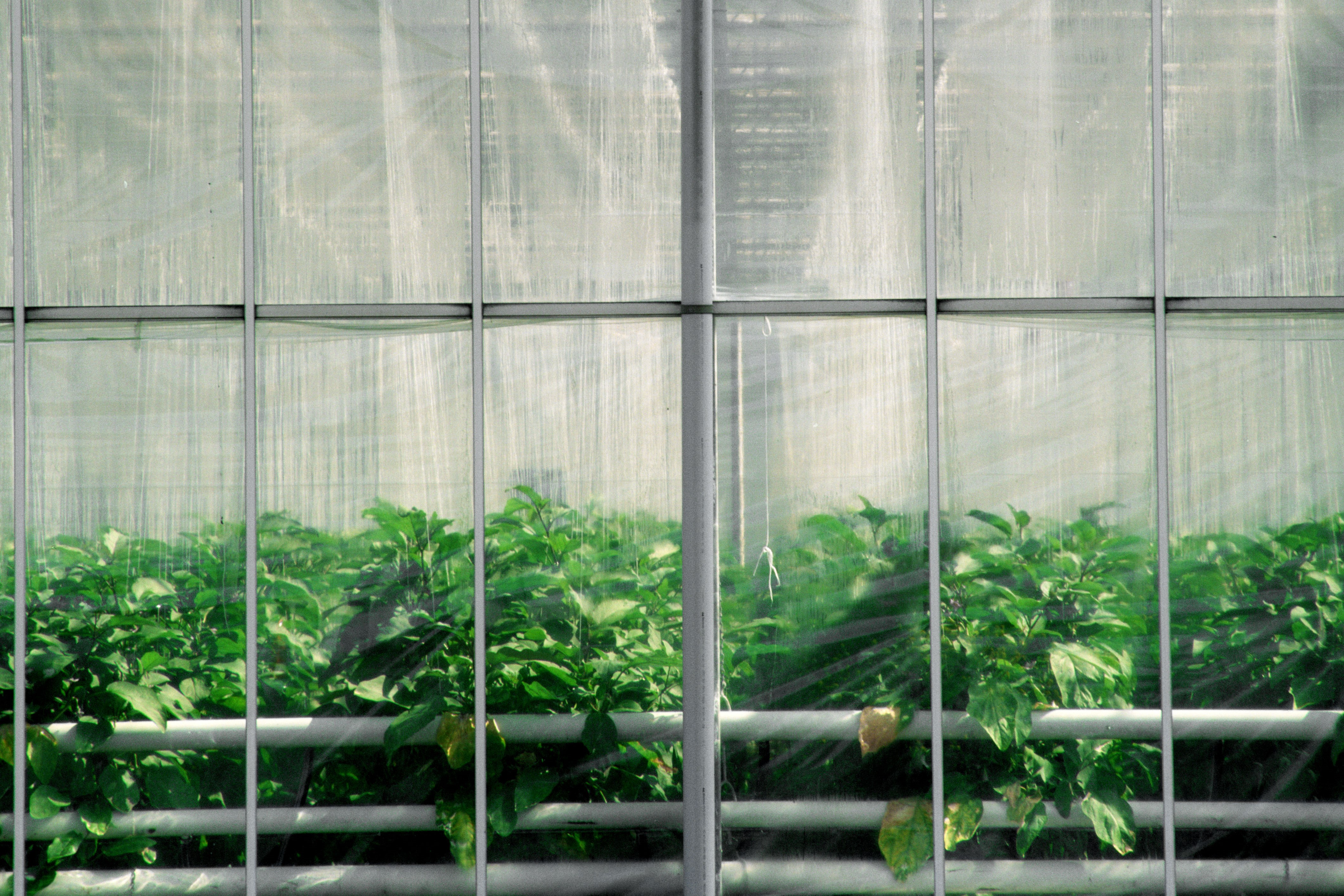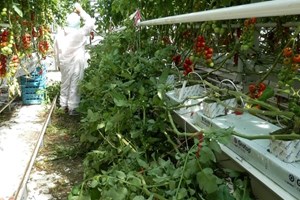Maintenance central heating feed water

In greenhouse horticulture, climate systems have grown into a complex whole of high-tech subsystems with heat pumps, CHPs, heat exchangers and cold and heat storage tanks. The quality of the feed water is one of the most important factors for the service life of these systems. We advise you to look into this together with your installer.
As an entrepreneur, you want to prevent malfunctions and failure of your systems. With regular analysis of the water, you have a good grasp of the quality. This prevents corrosion, magnetite and boiler scale in your water and failure in the systems.
The quality of the feed water of a new central heating system is of great importance for the continued proper functioning of the system. By paying attention to this, you prevent a lot of trouble such as corrosion and boiler scale. According to the standards, if the central heating system is filled with 'good water' according to the standards, a correction to the water quality is usually only necessary after one or more years. We recommend determining the correct water composition in consultation with experts and not using just any available water. It is also good to know that a new system is not necessarily clean. It is advisable to take the presence of pollution caused by sand, clay, welding electrodes, weld spatter, etc. into account.
Upon installing new boilers, CHP installations or residual heat exchangers in existing central heating systems (utility and greenhouse horticulture), we recommend checking the water quality and the degree of contamination of the existing system. Contamination can build up over time from sludge from corrosion products and precipitated hardness salts. Modifications to the existing central heating system can cause the existing pollution to come off. This mobilised existing pollution can be disastrous for the new components in the central heating system.
The maintenance and proper functioning of a central heating system are essential for establishing a good and constant climate in the greenhouse and thus for proper crop growth. High-quality feed water contributes to the proper functioning of your central heating system. In principle, tap water is best suited as filling water for a central heating system. Basin or rainwater, if treated, can also be made suitable as filling water for a central heating system. If in doubt, have the water inspected by a company specialised in water treatment and ask for advice. If a large water buffer has to be filled with water, then preferably fill it up with at least softened or, even better, demineralised water. Demineralised water can be bought fairly cheaply at a power plant. If a water buffer is filled with hard or poorly filtered water, there is a good chance that problems with the central heating boiler (limescale and sludge) and the (residual) heat exchanger (fouling, corrosion) will arise in the future. Have a water inspection carried out by a laboratory specialised in water treatment during or after renovations to the heating system, or with new construction. So, take the right measures in time to prevent damage.


